
According to the National Center for Education Statistics, first-generation students are two times as likely to drop out of college as students whose parents have a bachelor’s degree. Every year on November 8, Davenport University faculty and staff pause to mark National First-Generation Day, a day to celebrate those who are the first in their family to attend college or earn a degree. First-generation students face unique challenges that their fellow students might not, challenges that might prevent them from earning their diplomas.
Davenport University leadership recognized these challenges several years ago among its own first-generation student body. When they noticed that the persistence and graduation rates of its first generation students were not equal to those whose parents had graduated, the university set out to create specialized programming to reverse the trend.
Davenport’s First-Generation Student Success Initiative, which launched in 2020, offers programming and strategic activities designed to support first-generation students. The program ensures that these students have the resources and support they need to overcome the academic, emotional and financial obstacles so many of them face.
The program also offers continuous training to staff and faculty so they understand what first-generation students are going through. This is something that comes naturally to many of the staff and faculty at Davenport because sixty percent of them are first-generation students themselves.
In addition, the university offers scholarship support to its first-generation students and establishes a communication system for families so they understand the initiative’s services and opportunities.
According to Jodi Hicks, Davenport’s director of student transitions and academic readiness, the program strives to reach first-generation students where they are and recognizes that each student’s situation is different.
“At Davenport, we strongly feel that everyone deserves the chance to reach their goals and become who they want to be,” said Hicks. “This program is near and dear to my heart because I see daily how it positively affects our students.”
One of the most beneficial components of the program is the ACES class, which teaches first-generation students how to be successful during the first year of college.
Additional program components that help first-gen students thrive in their first year of college and ultimately reach graduation include:
- Peer mentoring program, which pairs first-gen students with an upper-level mentor to help navigate the college experience. When Davenport introduced this program in 2020, ninety-one percent of participants returned for their second year.
- Fostering a sense of belonging by connecting students with staff members, faculty and other students
- Academic coaching
- Study skills and time management training
- Workshops and speakers
According to Hicks, helping first-generation students make personal connections with staff and faculty members and other students at the university is critical.
“What we’ve found is that when we help these students foster a sense of belonging, the likelihood of them staying in school increases dramatically,” said Hicks.
The absolute beauty of the program is that its positive effects are far-reaching. When one student succeeds, their family and friends see their success and are more likely to try to reach those goals themselves.
“Helping our students succeed and watching how it impacts the entire family is just so powerful,” said Hicks.
While the program is relatively new, Hicks says the university will be able to start reporting on the program’s success, specifically the graduation rate of its first-generation students, very soon.
“We are confident that the graduation rate of our first-generation students will increase and
continue to rise in the years to come,” said Hicks.
To learn more about Davenport’s first-generation initiative, visit https://www.davenport.edu/iamfirstgen

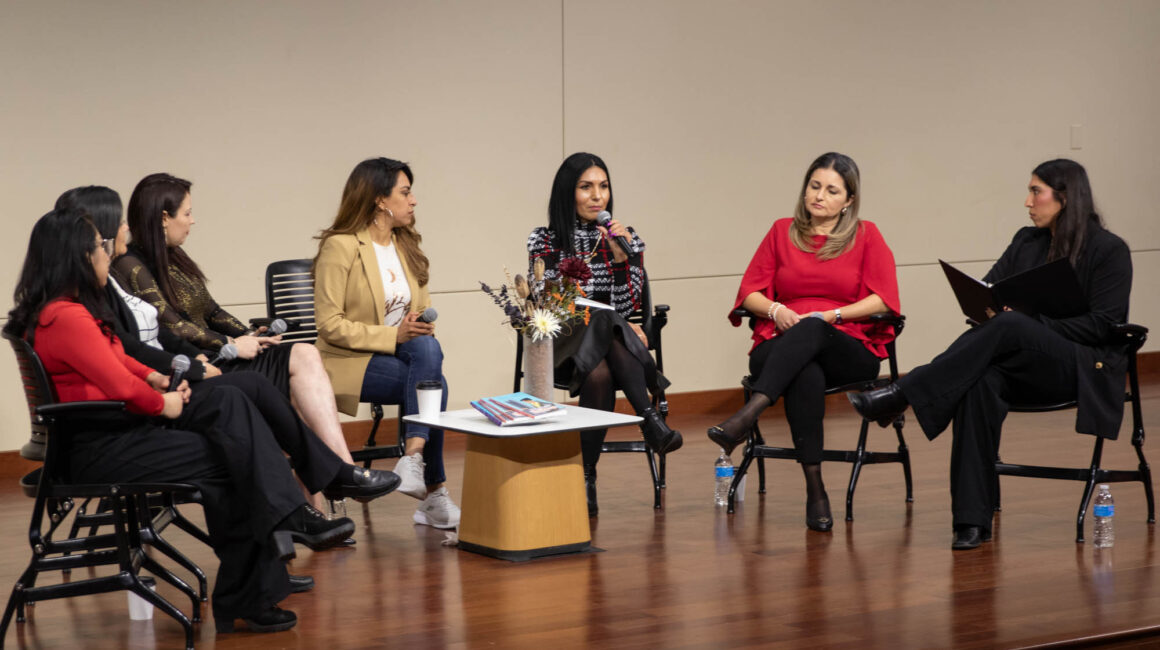
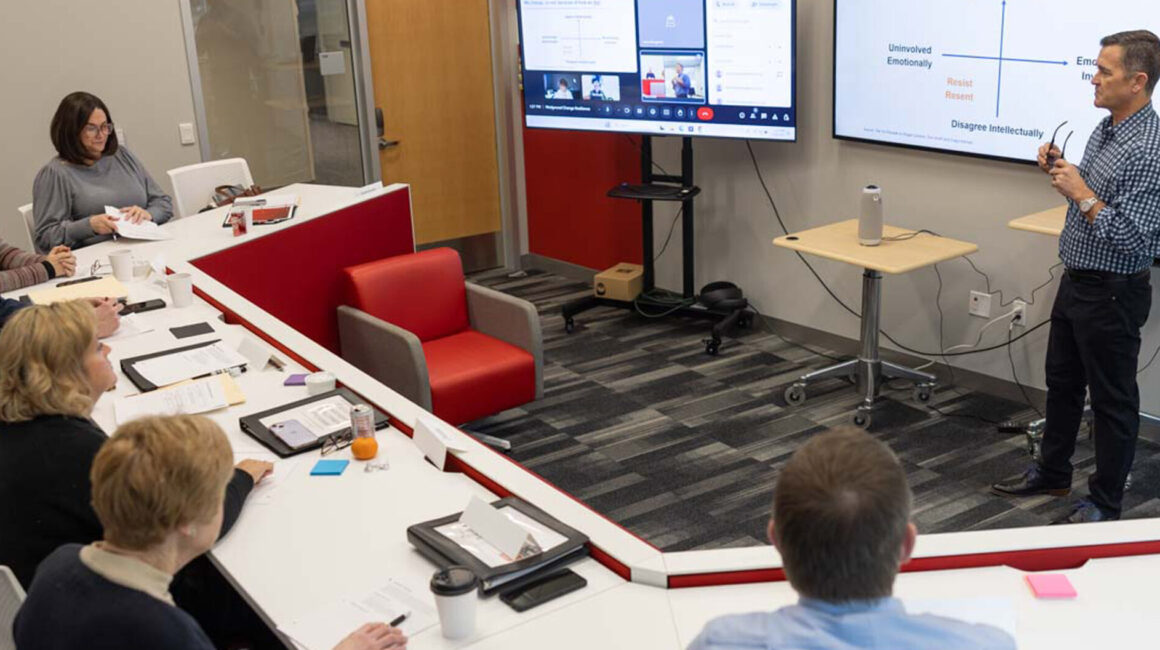
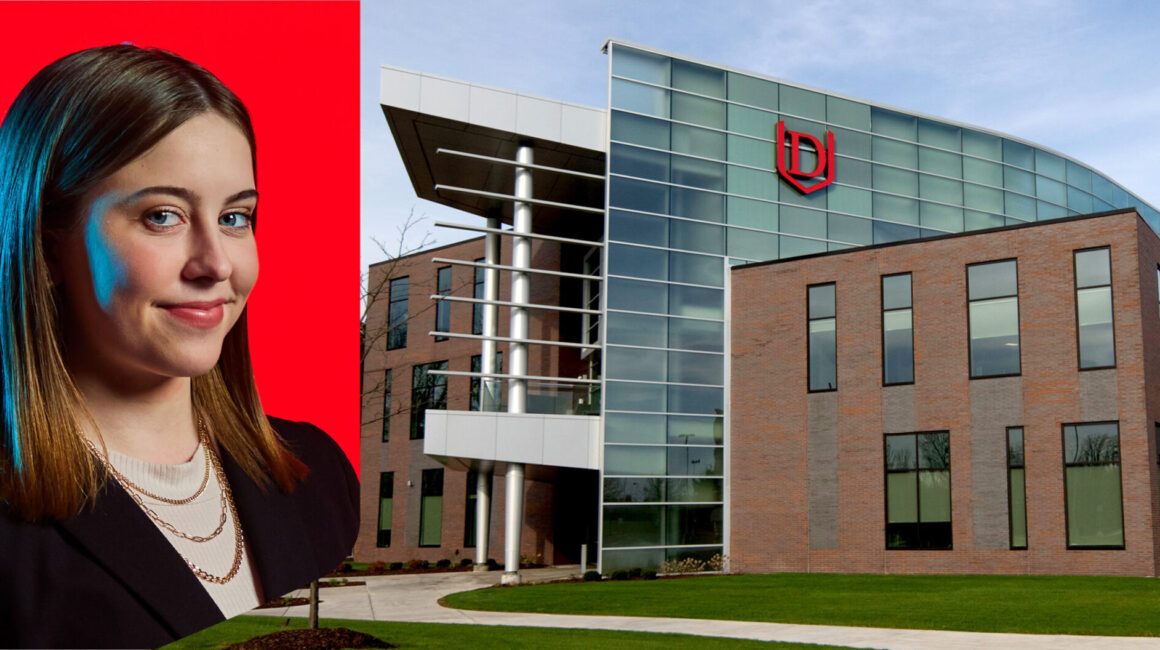
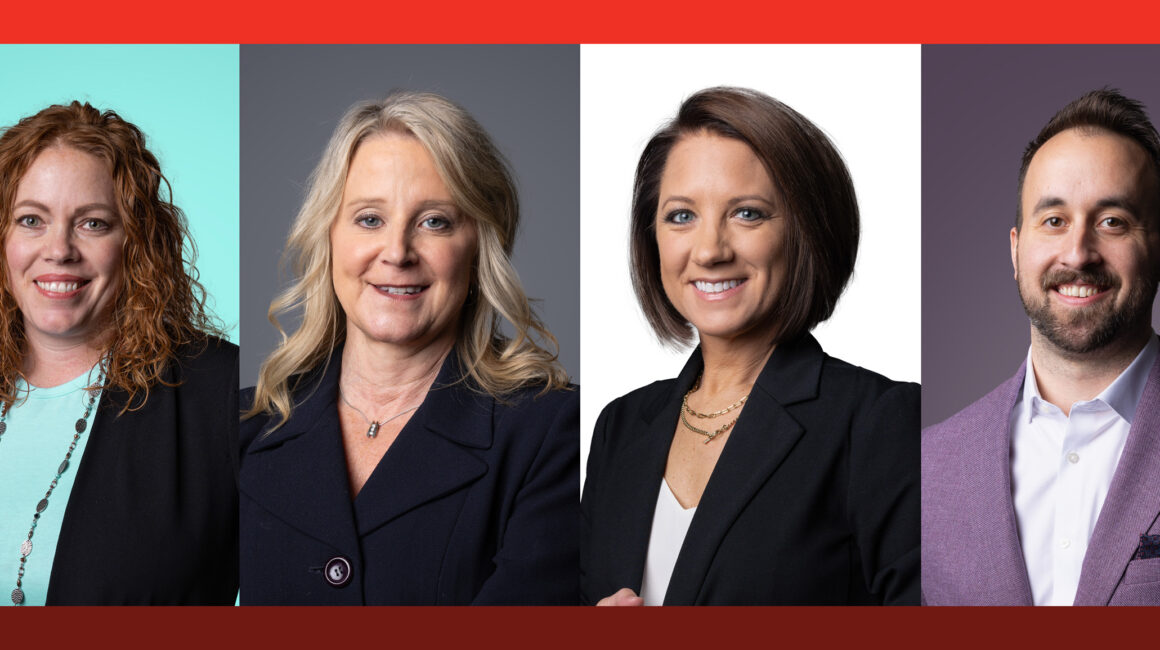
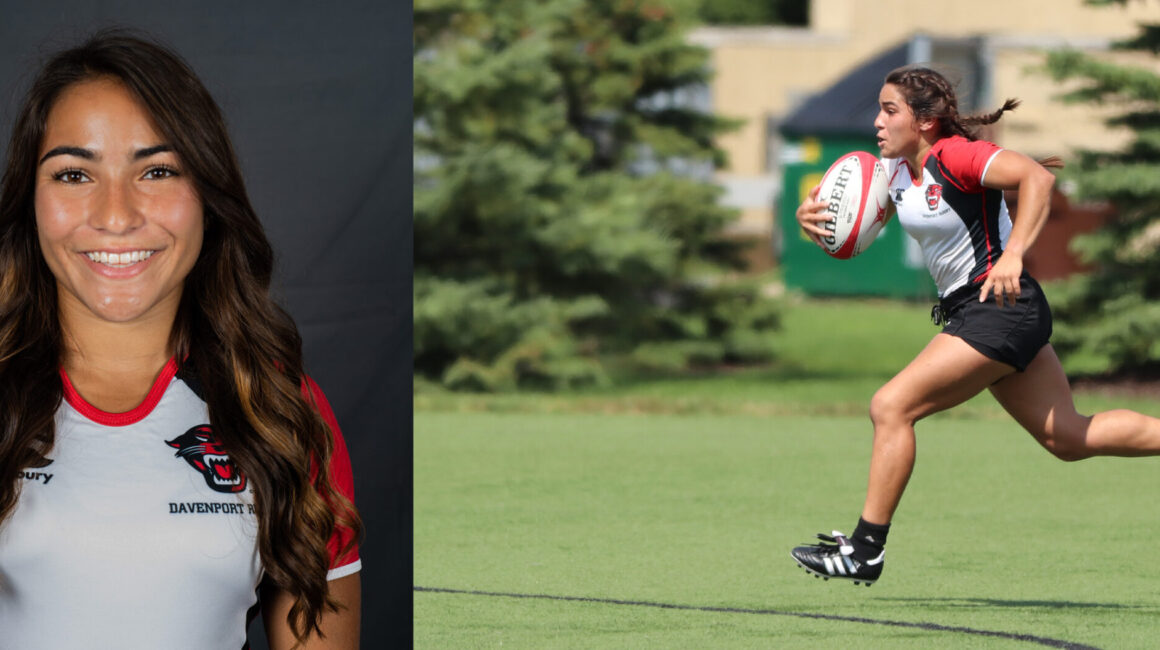
No Responses